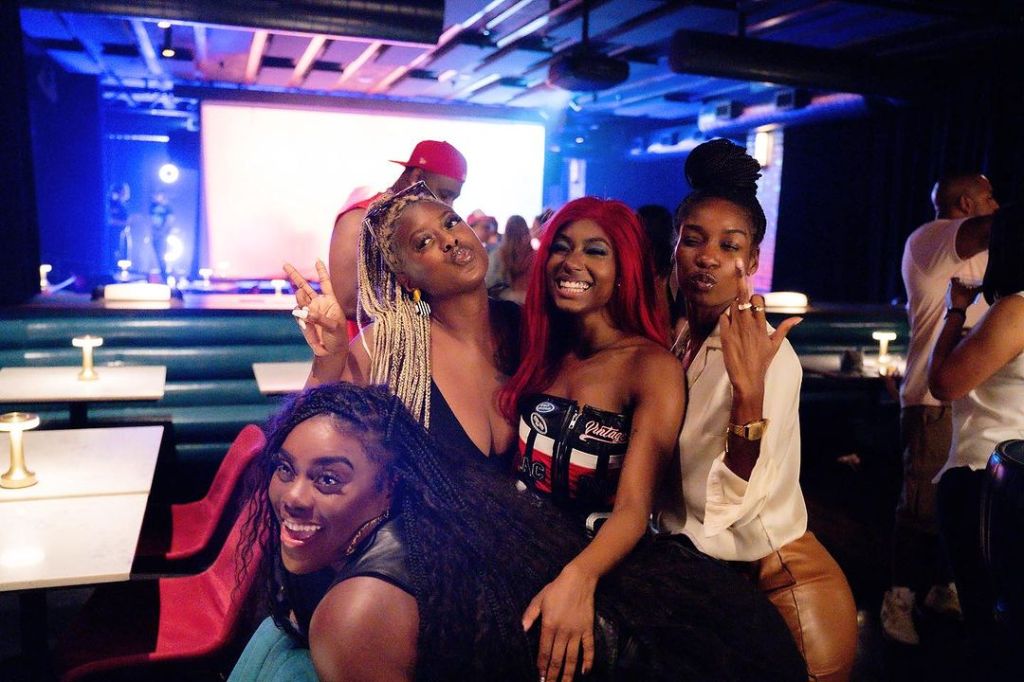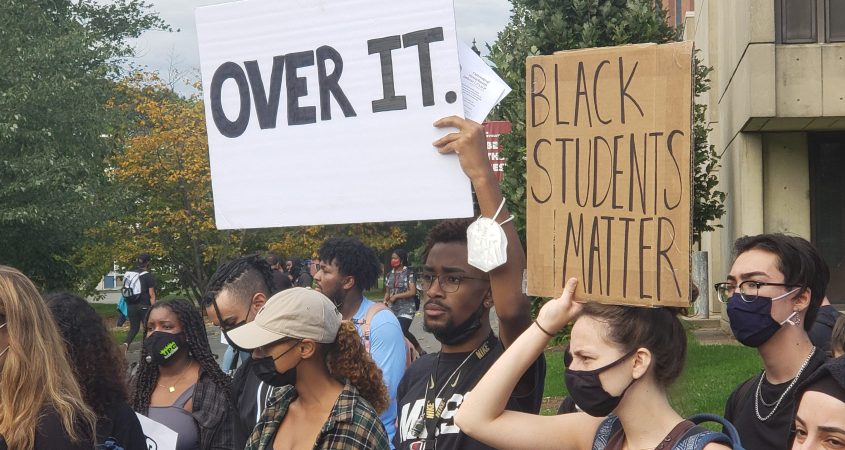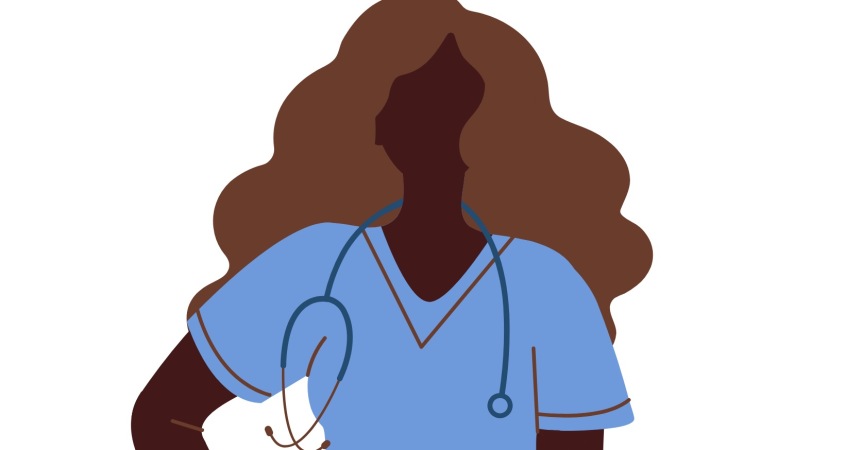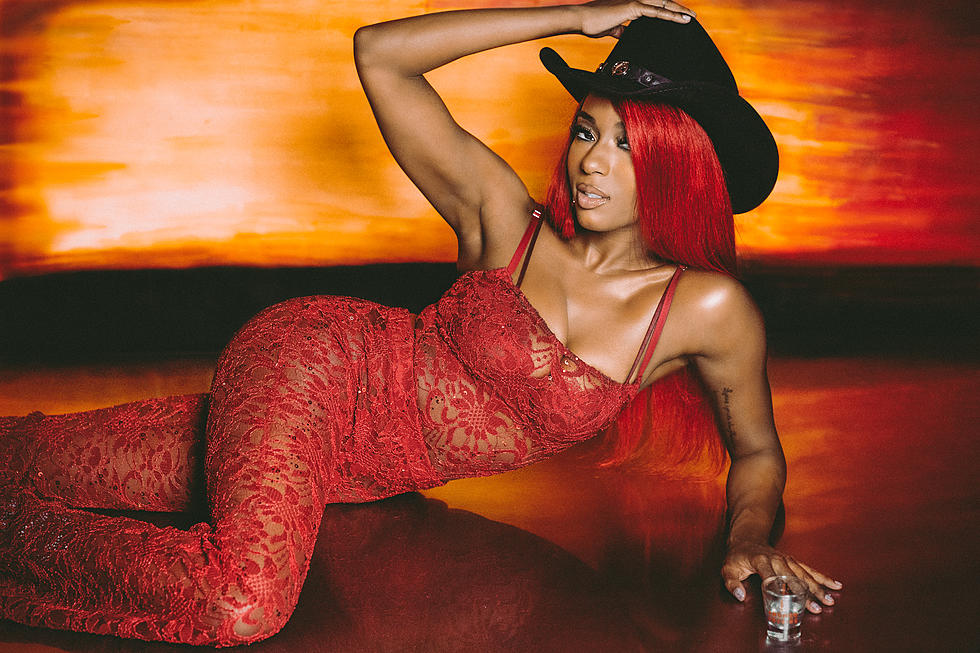
By Diamond Smith
Nashville, TN — In the heart of country music’s capital, where the soulful twang of guitars resonates through the air, a rising star has emerged, breaking through the stereotypical image of country music. Reyna Roberts, a 26-year-old African-American country singer with a shock of signature red hair, has made waves in the industry with her debut double album, “Bad Girl Bible,” released on Sept. 8, 2023.
Roberts, a native of Alaska, is turning heads and challenging perceptions about what country music should sound like. Much like her predecessors: Lil Nas X with his release of “Old Town Road”, Blanco Brown, Kane Brown, Mickey Guyton, and one of the greats: Jimmie Rodgers (Who is called the Father of Country Music). According to Time Magazine, the blues with its chords of drums and stringed instruments deprived of, “slave spirituals, field songs, religious hymnals, or the works of professional black songwriters.”
Within the modern-day music landscape, we have seen a reclamation as well as a fusion of country music with acoustic rhythms, R&B influences, and a unique blend of acoustic rhythms, R&B influences, and a voice that speaks to the heart. Roberts has carved out a niche for herself in an industry that has often been criticized for its lack of diversity.
From her visual albums Stompin Grounds in 2020 and Pretty Little Devils, to her most recent, “Bad Girl Bible” is a game-changer. The double album features a rich tapestry of storytelling, blending traditional country themes with modern narratives. Each track is a testament to Roberts’ versatility as an artist, seamlessly fusing the raw emotion of country music with the sultry vibes of R&B. With her influences ranging from Beyonce to Carrie Underwood.
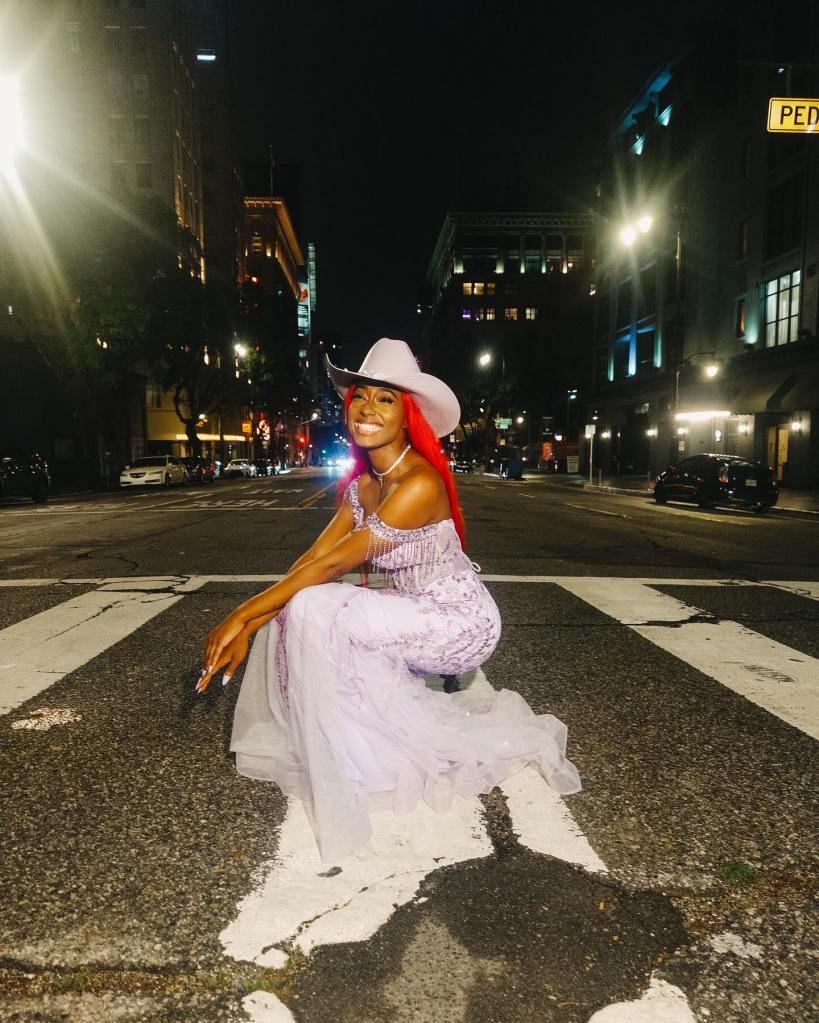
Roberts’ music is her soulful voice as well as her authenticity which effortlessly traverses the highs and lows of love, loss, and self-discovery. The song’s lyrics delve into the complexities of embracing one’s authentic self, challenging societal norms, and celebrating individuality.
On Taste of Country, a mobile app that provides news, interviews, country music songs, and videos about country music, Roberts expressed in an interview, “Definitely getting acceptance and help from other artists gives me more confidence in myself,” she continues, “but then also realizing, like, ‘Hey, you’re a pretty bada– girl!’ Just having to remind myself [to not] feel too shy all the time, not going back to my introverted self, saying, ‘Girl, you got this! Remember who you are!’ That’s been essential for my mental state.”
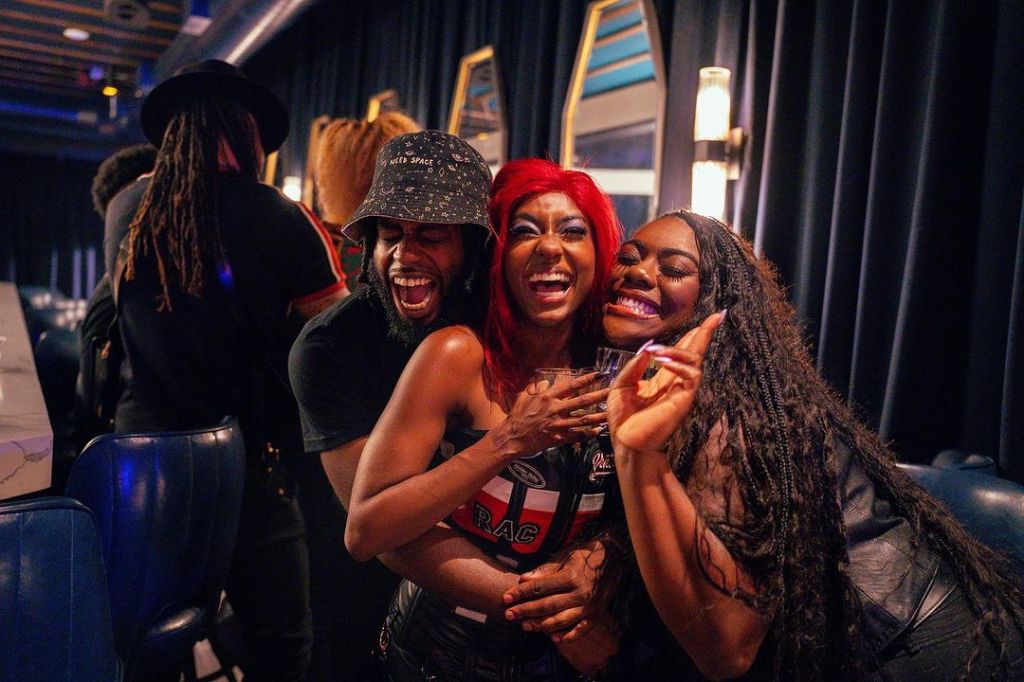
The album has garnered widespread acclaim not only for its groundbreaking sound but also for Roberts’ identity as a black woman who proudly shares her passion for country music and music in general. Reyna Roberts represents a new era in country music, conversations can be had about diversity and the true history and origins of country music in the black community. She encourages black women to be themselves midst a society that may try and put them in a box and other artists to explore and experiment with their unique styles.
In an industry where representation has been a long-standing issue, Roberts is breaking barriers and providing a fresh perspective. She is not only making a name for herself but also opening doors– as many have before her –for other artists who may not fit the traditional mold of a country star.
To Read More: Reyna Roberts Says It Took Time to Find Musical Self-Confidence | https://tasteofcountry.com/reyna-roberts-pretty-little-devils-new-music-2023/?utm_source=tsmclip&utm_medium=referral
